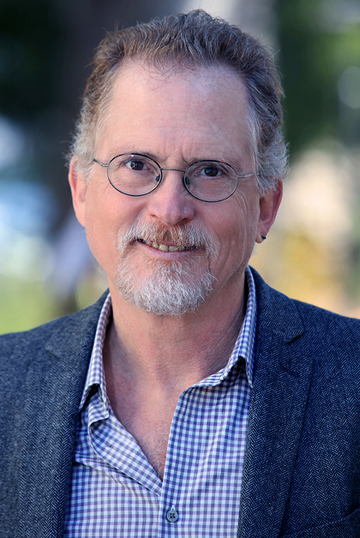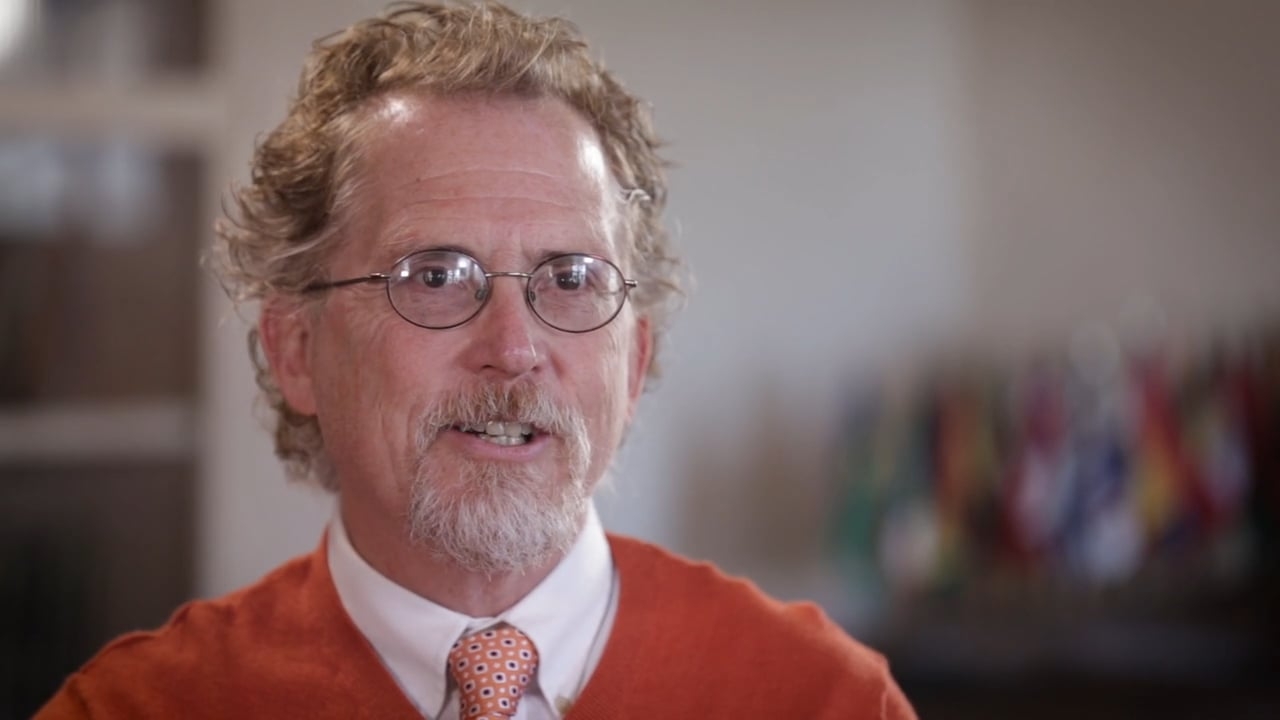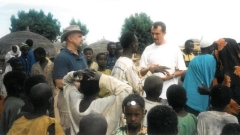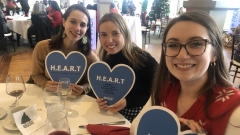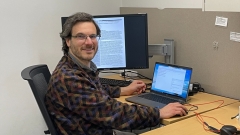Middlebury Institute Recognized as a Top Producer of Peace Corps Volunteers
| by Caitlin Fillmore
Many returned Peace Corps volunteers find both community and a career through the Middlebury Institute—including many current students, faculty, and staff.

